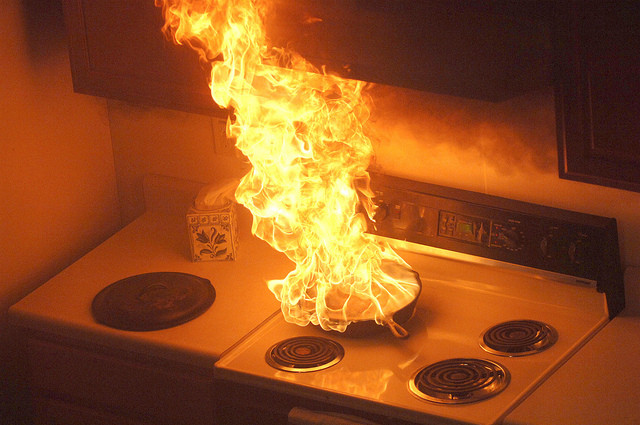Some of the most popular hotplate brands in Hong Kong failed to meet basic international safety standards, so the consumer watchdog in the city warned users to be extra careful as they are at risk of electric shock.
The Consumer Council revealed on Monday that nine hotplate models they tested didn't pass all eight safety requirements and they were not also reliable in performing the basic function of heating food. The price of the appliance ranged from HK$568 (US$73) to HK$998, but the cost is not an indicator of the performance and safety of the product.
One of the products was made in China, while the location of other manufacturers remains unknown, the South China Morning Post reported. The consumer watchdog said the results were really "disappointing," considering the fact they've become popular in Hong Kong over the past years.
Gilly Wong Fung-han, the Chief Executive of the Consumer Council, said regulators need to pay more attention to such electric heaters. She added there should be more tests on these products since they were new and becoming popular.
Among the nine models tested, seven of them were found to have design flaws that could potentially lead to electric shock, particularly if they weren't used properly. Two samples are at risk of leaking electric current, which can prompt a short circuit or electric shock. During certain tests, the leakage rates were considered higher than the standard upper limit.
All nine hotplates had areas that become extremely hot. Users likely touch these areas, such as the lid handle and the on-off switch. The manufacturers of the appliances also failed to put proper labels to warn consumers about this danger.
When it comes to the cooking purposes of the hotplates, all of the models left something that should be desired. The temperature on different parts of the plates varies, particularly when heated. For instance, two models had surfaces that exhibited a difference of 60 degrees Celsius.
Clement Chan Kam-wing, the chairman of the council's publicity and community relations committee, said their tests show that some areas were far from satisfactory. He noted that although the products were not generally rated as unsafe, it's still important users should be extra careful to avoid accidents.
Meanwhile, the Electrical and Mechanical Services Department said it had reviewed the findings of the Consumer Council, noting all samples passed the test for electric insulation. Regarding the failures on the council's tests, the department said improper use of the products likely resulted in poor performance.
But still, the department asked suppliers and manufacturers to improve their performance and to rectify the issues. The products were also safe as long as users follow the instructions of the manufacturer.






